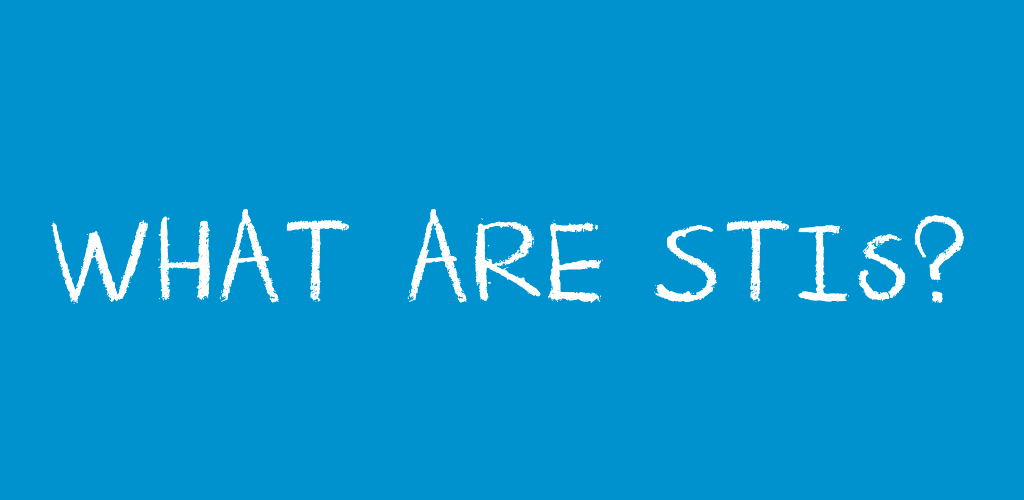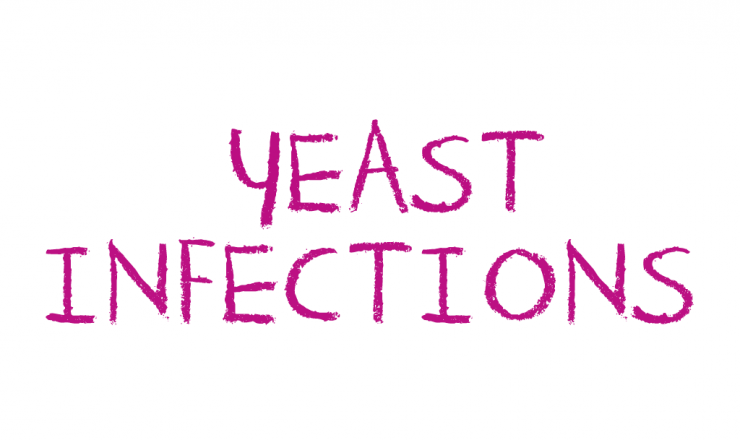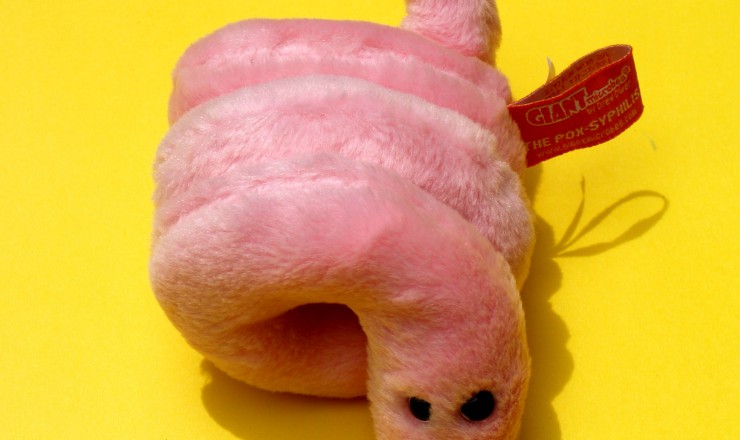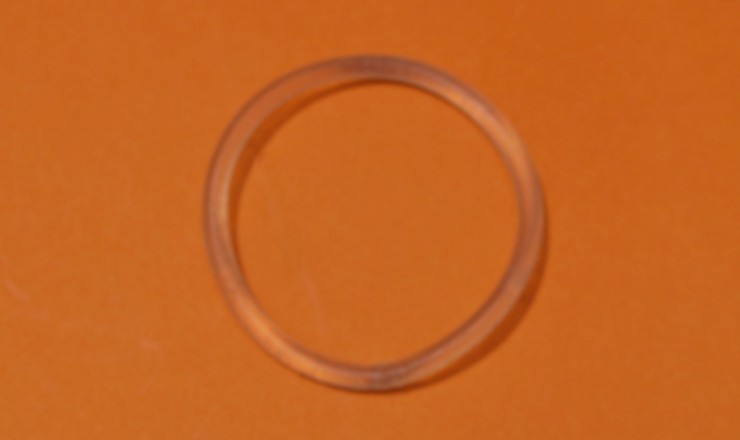What are STIs?
STI stands for Sexually Transmitted Infection.
Anyone who has had sex can get an STI. It doesn’t matter if you’re straight, lesbian, gay, or bisexual or if you’ve had one or more sex partners.
All STIs can be treated and most can be cured so having an STI doesn’t mean the end of your sex life. Sometimes teens are afraid to tell anyone they might have an STI because they are embarrassed or ashamed. This is too bad because STIs are very common and can be managed or cured.
STIs 101
A sexually transmitted infection is something that develops in your body when a bacteria, virus, or parasite is passed on to you through sexual contact with a person who has an STI. This can happen through:
- Anal, oral, or vaginal* sex.
- Sharing sex toys
- Sharing needles
- Skin-to-skin touching (only applies to a few STIs like herpes and HPV).
For more information on how STIs are transmitted, check out Transmitting STIs: An Unwelcome Gift [Link].
There are three kinds of STIs:
- Bacterial STIs like gonorrhea and chlamydia which can be cured with medication.
- Viral STIs like herpes and HIV which cannot be cured, but their symptoms can be treated.
- Parasite STIs: Scabies or pubic lice which can be cured with skin creams.
For more about the different kinds of STIs and treatments, check out Dealing with STIs [Link].
For more information about how to get tested for STIs, check out The Real Facts About STI Testing [Link].
Important fact
STIs used to be called STDs, or sexually transmitted diseases. The word disease was changed to infection because it is more accurate. Someone may be infected with an STI but never show any signs or symptoms of disease. They can still carry and spread the infection to others, even if they never feel sick or have any symptoms. The new term also helps make it clear that STIs can be treated and managed.
| Useful Tip |
| Try not to diagnose yourself because of something you’ve heard or read on a website. If you think you may have an STI, see your health care provider and have it checked. Planned Parenthood Toronto’s Health Services are available for anyone between the ages of 13 and 29 for. Call 416-961-0113 or visit ppt.on.ca for more info. |
If you have questions about this topic, feel free to contact one of our peer educators. [Link]
*We know that these aren’t the words everyone uses for their bodies (eg. trans folks), and support you using the language that feels best for you.
Last Edited: May 2020






